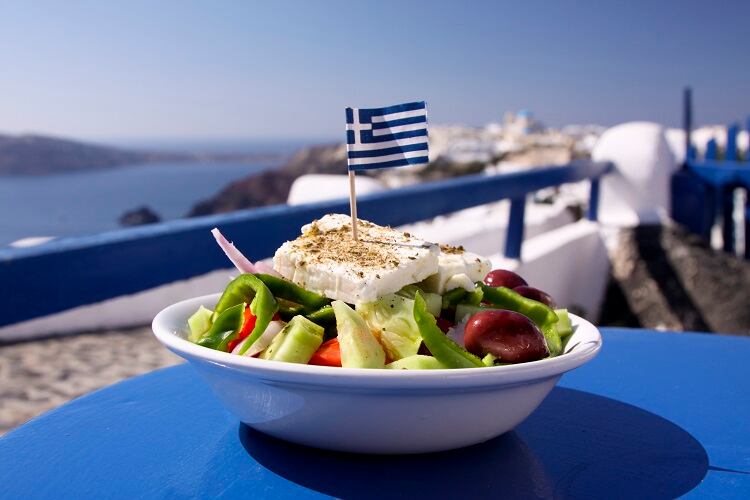‘Feta’ is Greek, even when intended for sale outside the bloc, ruled the European Court of Justice (ECJ) on 14 July.
The judgement comes some 20 years after the name ‘feta’ was registered as a protected designation of origin (PDO), meaning that ‘feta’ could only be used for Greek cheese made according to product specs.
Yet Denmark has been continuing to market cheese as ‘feta’ to third countries. Until now.
‘Undermining’ PDO and PGI objectives
The infringement claim saw the Commission, backed by Greece and Cyprus, argue that Denmark was in breach of its obligations to prevent or stop of the use of the designation for cheese it intended to export outside the bloc.
From Denmark’s perspective, it was within its rights to do so, contending that Regulation No 1151/2012 applies only to products sold within the EU and does not cover exports to third countries.
The EU’s top court did not agree. PDOs and protected geographical indications (PGIs) are protected as an intellectual property right, stressed the ECJ.
“The scheme for PDOs and PGIs has been established in order to help producers of products linked to a geographical area by ensuring uniform protection of the names as an intellectual property right in the territory of the European Union,” explained the ECJ following the ruling.
“The use of a PDO or PGI to designate a product produced in the territory of the European Union which does not comply with the applicable product specification impairs, within the European Union, the intellectual property right constituted by that PDO or PGI, even if that product is intended for export to third countries.”
By using the PDO ‘feta’ to designate produced in the EU which do not comply with the product specifications of that PDO ‘undermines’ the PDO and PGI objectives, the ECJ continued.
Denmark ‘fails’ to fulfil legal obligations
The EU court concluded that by failing to prevent or stop such use in its territory, Denmark has failed to fulfil its obligations under Regulation No 1151/2012.
Denmark was not found, however, to have infringed its obligation under the principle of sincere cooperation. This means the ECJ did not deem Denmark to have ‘taken any action’ or ‘made any statements’ that may potentially have weakened the EU’s position in international negotiations aimed at ensuring the protection of EU quality schemes.
Greece will be celebrating the ruling, given the importance of feta to its export market – and of course to its culinary tradition.
Produced either exclusively from sheep’s milk, or from a combination of sheep’s and goat’s milk (max 30% goat’s milk), the cheese is considered the mainstay of livestock, with 80% of sheep and goat milk production directed to the making of feta.
Feta, the flagship of Greece’s geographical indications, accounts for roughly 10% of Greek food exports.




